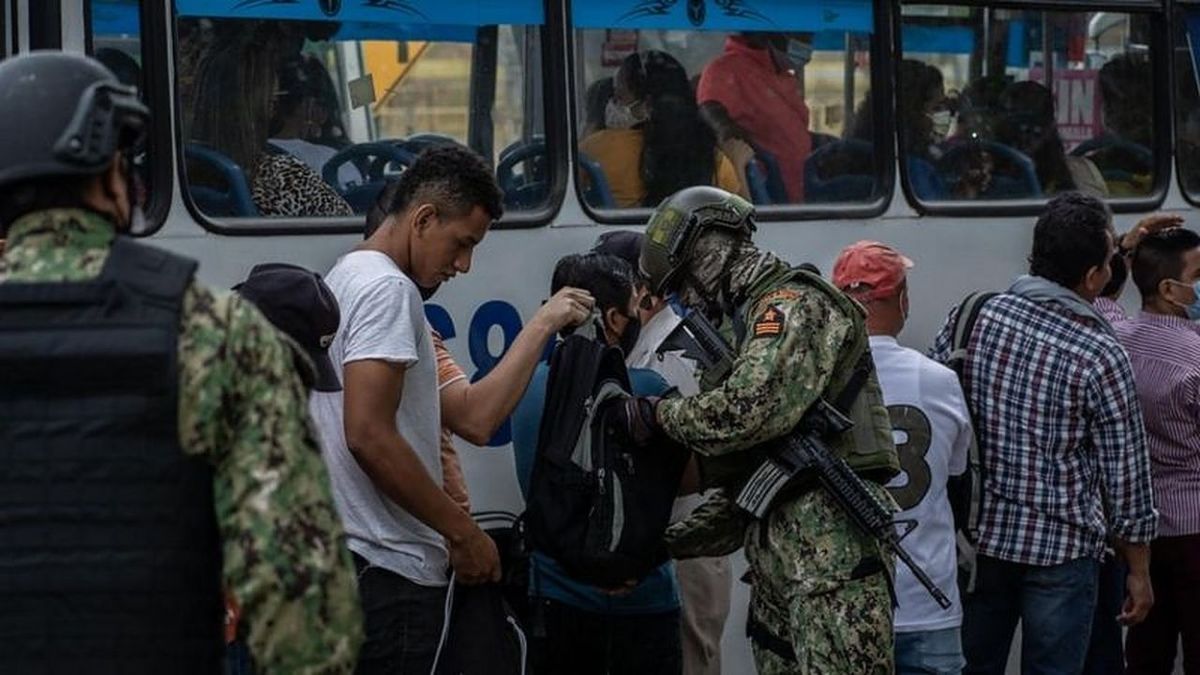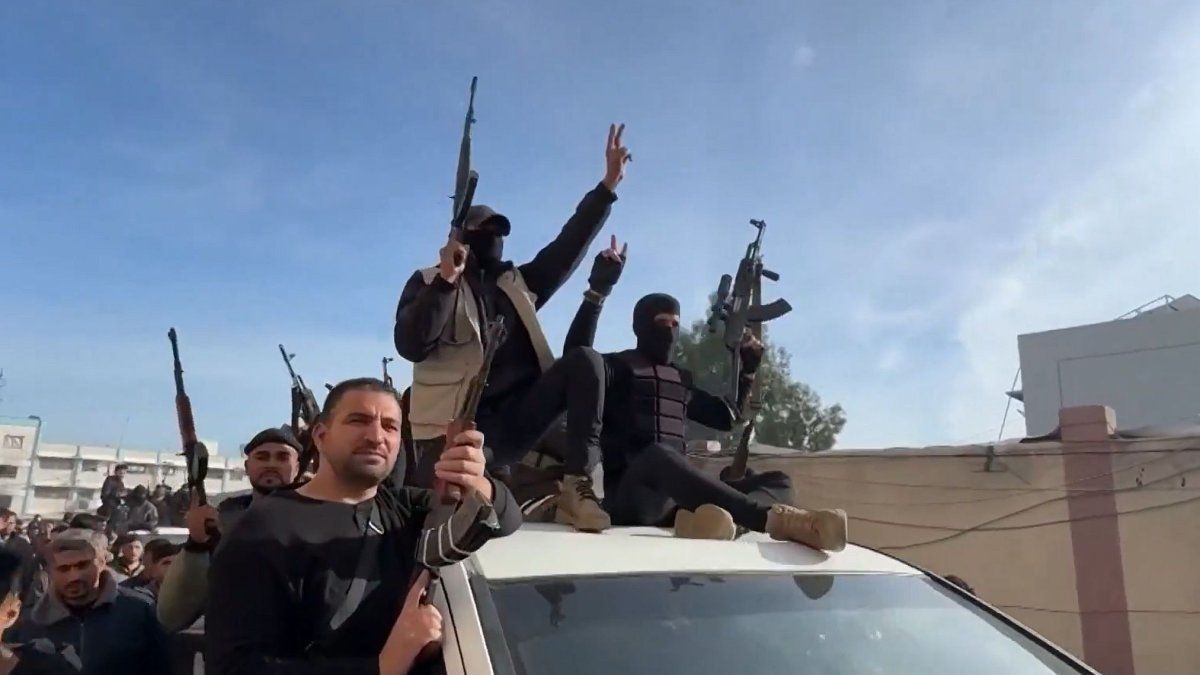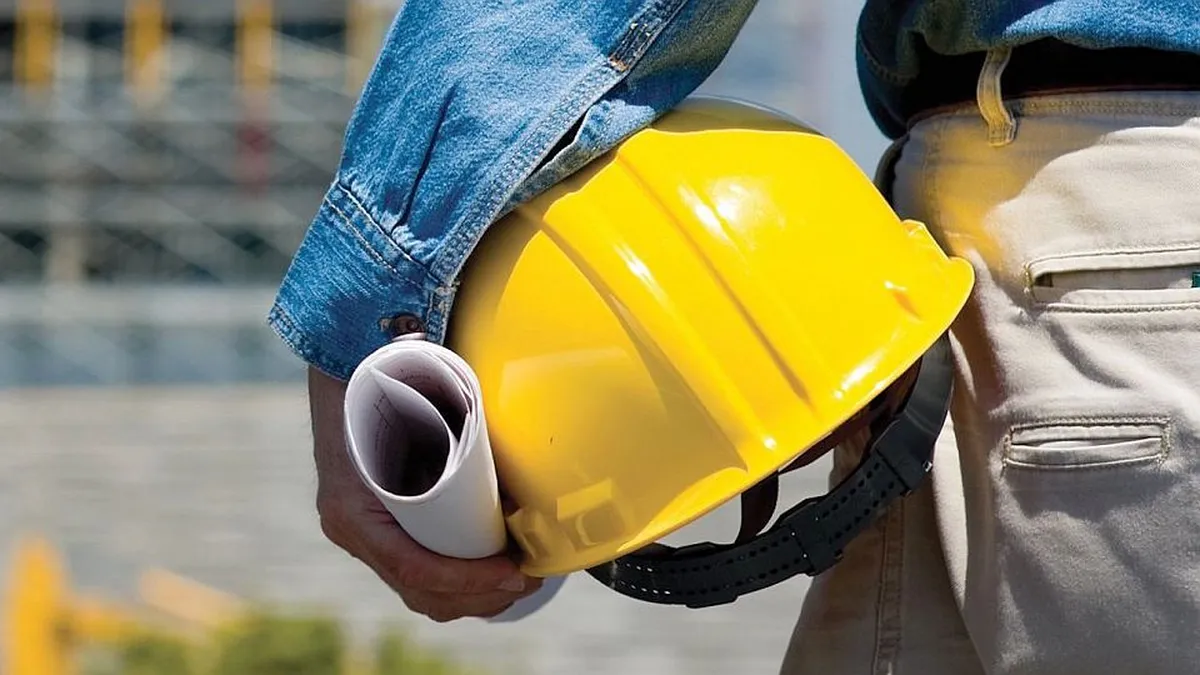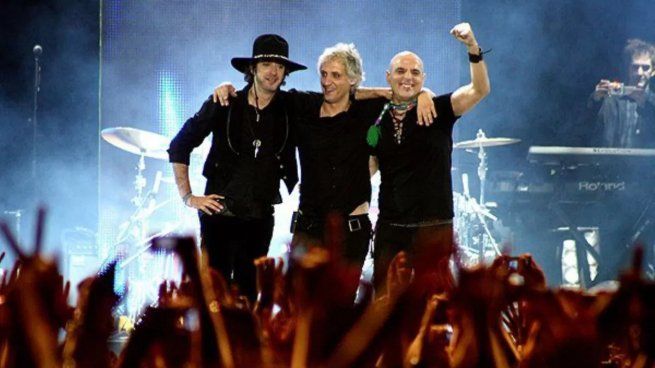Violent deaths increased 53% to more than 2,000 through mid-November, compared to 1,361 for all of 2020, according to the president’s office, which led the conservative Lasso to declare a state of emergency in October and deploy hundreds of soldiers to the most critical areas.
The violent death rate is at its highest since at least 2011, according to the same data.
Lasso, in office since May, has blamed the growing violence on drug trafficking mafias that use the Andean nation as a transit point between producers in Colombia and Peru and buyers in the United States and Europe.
But analysts say the crime wave is also due to economic difficulties exacerbated by the Covid-19 pandemic, including an increase in the informal workforce, and a weakening of state security institutions in previous governments, making it difficult to fight. against crime.
The wave of violence comes as Lasso tries to position Ecuador as an investment destination to prop up its ailing economy, amid a revised financing deal with the International Monetary Fund (IMF).
Mayra Villacreses, whose baker brother and two-year-old nephew were shot dead last month by three hitmen in Guayaquil despite the state of emergency, said criminals continue to control the streets.
Guayaquil, the largest city in the country, registers the highest number of homicides, with an average of two per day.
“Since my brother was killed, I have a terrible fear to go out. They have given criminals the green light to be in the streets,” said the 32-year-old woman, who believes her brother died by mistake. “The president has not put a heavy hand.”
In the capital Quito, business robberies rose 17% between January and October compared to the same period in 2020, according to data from the Interior Ministry. Car and motorcycle thefts also grew.
The government has said that the state of exception reduced intentional homicides in and around Guayaquil by 22%, from 133 murders between late September and mid-October, to 104 through mid-December.
As he intensifies his crackdown on drug trafficking in Ecuador, Lasso has said he will ask the legislature to approve the shooting down of irregular aircraft, the progressive use of force and increased sentences for gang leaders.
The public force carried out more than 230,000 operations during the first month of the emergency and managed to dismantle 76 gangs, seize 16 tons of drugs and detain 7,000 people. Total drug seizures reached a record high of more than 190 tons so far this year.
But the increase in crime cannot only be placed on the threshold of drug trafficking mafias, security analyst and university professor Daniel Pontón told Reuters.
“There have been budget cuts; what has to be invested in certain areas of the police has not been invested, both in the area of prevention and criminal investigation,” he added. “What changes reality are public policies, which are long-term.”
The left-wing government of the former president Rafael Correa, in office until 2017, created a new intelligence service that his political rivals have said served to spy on opponents. Correa’s successor, Lenin Moreno, closed that unit in 2018, creating a new one.
“These changes produced a lack of cohesion of the State because when there are too many changes and they cannot be articulated, a weakening of all the institutions occurs,” said Luis Córdova, who directs the research program on Order, Conflict and Violence at the Central University. of Ecuador.
Both Lasso and the prosecution’s office have publicly complained that judges are too quick to free criminals caught in raids.
“The justice apparatus and the capacity to enforce the law and prevent people from going unpunished have deteriorated,” added Córdova. “It is clear that justice has an enormous responsibility in this regard.”
Poverty increased to 32.2% in June this year, from 25.5% in the same month of 2019 due to the effects of the pandemic, according to figures from the National Institute of Statistics and Censuses (INEC). The government did not release data for 2020.
Although the state of emergency ends on December 18, Lasso has said he will extend it for as long as necessary.
It is possible that the Constitutional court don’t allow it, you have already shortened your original emergency declaration from 60 days to 30, limiting it only to more violent provinces and saying that the military can only support police operations.
The court also reprimanded Lasso for another state of emergency to deal with the crisis in the country’s prisons, where more than 300 inmates have died this year, saying that temporary actions will not be enough.
For Edison Quishpe, a car salesman in Quito, the government’s action is not palpable enough.
“That is not solved only with announcements that they are fighting drug trafficking, the president has to do something else,” said the 36-year-old man, whose phone, watch and money were stolen by two men who were holding a firearm. cash.
“Ecuador has become a violent country,” he added.
Source From: Ambito
David William is a talented author who has made a name for himself in the world of writing. He is a professional author who writes on a wide range of topics, from general interest to opinion news. David is currently working as a writer at 24 hours worlds where he brings his unique perspective and in-depth research to his articles, making them both informative and engaging.




